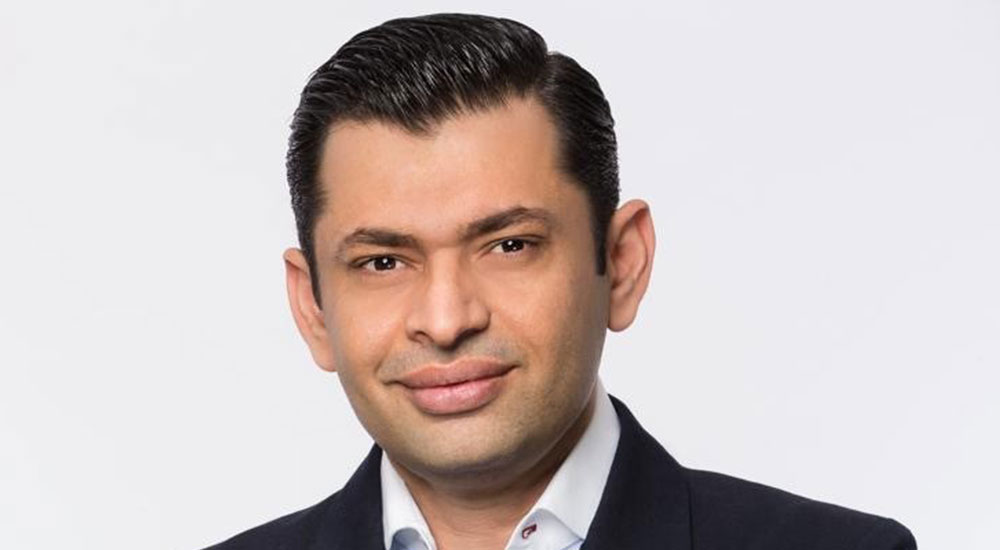How the UAE’s digital transformation has helped to manage the pandemic

The UAE had prioritised digital transformation almost two decades ago. It is not just a concept in this part of the world; it is a driver of the country’s broader national economic development, diversification and transformation success path. The pandemic has proved it further that, here in the UAE, digital transformation has become an integral component of several aspects of daily life.
This can be clearly seen and experienced by those who live in the UAE through the deployment of sophisticated technology in their daily routine that they’re highly accustomed to. Commonplace and widespread use of such technology can be seen through a variety of gear like speed cameras, drones and robots. With the help of data collected from digital screening and interaction, the UAE has been able to monitor and help contain the rapid spread of coronavirus tightly.
With the recent easing of restrictions, digitalisation will continue to play a huge role in further protecting residents, just like it did during the lockdown. Police personnel found great use in wearing smart helmets equipped with a thermal camera to be able to detect those infected with Covid-19, while maintaining a safe distance.
Devices were designed to spray the isopropyl alcohol-based sanitisers on people only as they passed by them by detecting movement, thereby reducing wastage. There were devices set up to dispense hand sanitisers as well so that people could have more extensive access to them, and transmission of germs could be reduced at large.
Majority of these solutions were made possible because the basic foundation, infrastructure and understanding was already in place in the UAE. Countrywide, the UAE has digital transformation deeply rooted in the economic strategies. Both these effective and uplifting strategies have strong themes that are based around digitalisation and the transformation it has brought and can potentially bring to the lives of the people here.
A lot of the Emiratis probably do not realise how much technology they already use as part of their day-to-day activities. From applying for residency visas across its various stages to parking and speeding fines, a wide variety of documentation, application, and implementation is being done digitally. Think about the time when the UAE launched the eDirham, then look at how widely available this tool has become and how many payment channels it currently supports. Come to think of it, eDirham has now successfully replaced the traditional way in which the government used to collect fees for their services.
The UAE is now exiting and the post-pandemic life that people are headed towards. Digital transformation in the hygiene and sanitisation space is expected to grow as more and more people begin moving about, expecting or looking to take higher precautions than they ever did in their lives.

Key takeaways
- The UAE had prioritised digital transformation almost two decades ago.
- With the recent easing of restrictions, digitalisation will continue to play a huge role in further protecting residents.
- With data collected from digital screening and interaction, the UAE has been able to monitor and contain the rapid spread of coronavirus.
- Digital transformation in the hygiene and sanitisation space is expected to grow.





